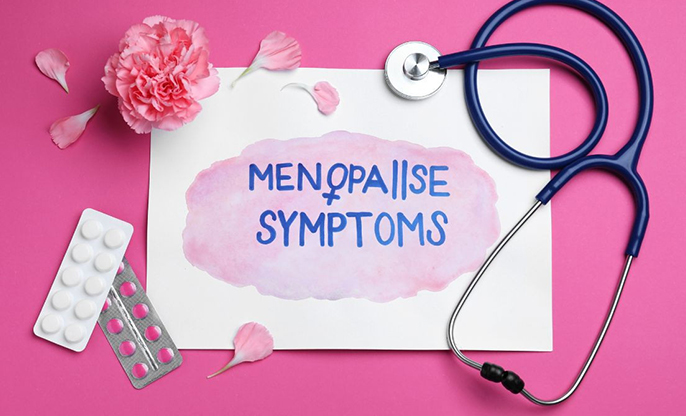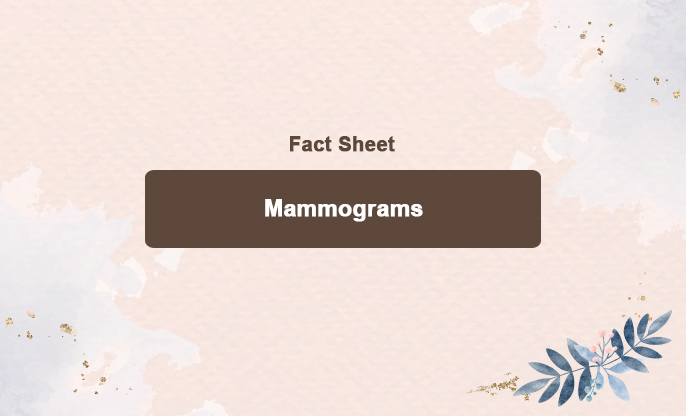
The Importance of Cultivating Social Connections
Navigating life after menopause brings profound changes, not just physically but emotionally and socially. During this time, cultivating strong social connections becomes invaluable. These bonds provide emotional support, enhance our well-being, and enrich our lives in countless ways.
Why Social
Connections Matter After Menopause?
- Emotional Support:
This time in our lives can stir a mix of emotions from hormonal shifts,
health changes, to significant life transitions like children moving out
or stepping into retirement. Having friends and family to talk to provides
comfort and reassurance during these turbulent times, easing feelings of
loneliness.
- Boosting Mental Health: Engaging with loved ones
can significantly lift our spirits and combat mental health challenges
like depression, which tend to appear during and after menopause. Being
part of a community gives us a sense of belonging and happiness.
- Benefits to Physical Health: Strong
social ties are linked to better heart health, lower blood pressure, and a
more robust immune system. Social activities often encourage physical
movement, adding a layer of physical health benefits.
- Keeping Our Minds Sharp: Regular chats and social
activities keep our minds engaged. This interaction helps ward off
cognitive decline and keeps our brains sharp, reducing the risk of
conditions like Alzheimer's.
- Living Longer, Healthier Lives: Connections don’t just enrich our lives; they extend them. The support and positivity from strong social ties contribute to a longer, healthier life.
How Can We
Cultivate These Vital Connections?
- Join In: Jump into
community activities or clubs that spark your interest. Whether it’s a
knitting group, a walking club, or a volunteering opportunity, these
gatherings provide regular chances to connect.
- Use Technology: Today’s technology helps bridge
gaps. Regular video calls, social media interactions, and online
gatherings can keep us connected with those far away.
- Rekindle Old Friendships: There’s
something deeply comforting about reconnecting with an old friend. Reach
out, rekindle and cherish the shared history and emotional depth of these
relationships.
- Learn and Grow: Enroll in a class or workshop.
Whether it’s painting, cooking, or something academic, these settings
offer a dual benefit: learning something new and meeting people.
- Community Engagement: Dive into local events or community gatherings. Whether it’s a town hall, a festival, or a community garden, such participation keeps us woven into the fabric of our local area, enhancing our sense of belonging.
Embrace This
Chapter with Open Arms
Building and maintaining social ties after menopause isn’t just filling time; it’s crafting a network of support, joy, and health that enriches life. It’s about deepening old ties and sparking new ones, stepping into this vibrant chapter with open arms, ready to embrace all the joy it has to offer. Let’s cherish every connection, for each person in our life adds a unique thread to the beautiful tapestry of our later years.



















